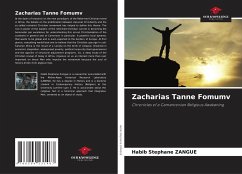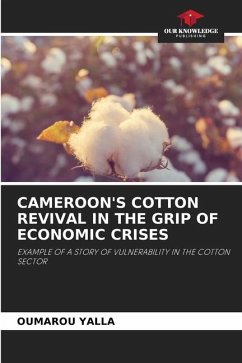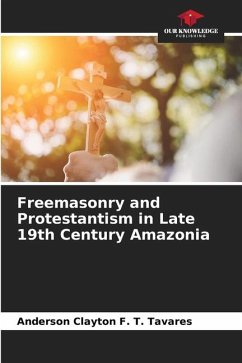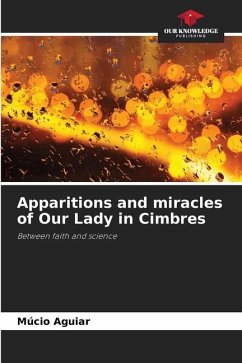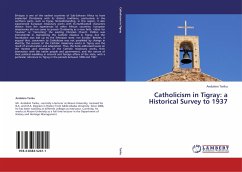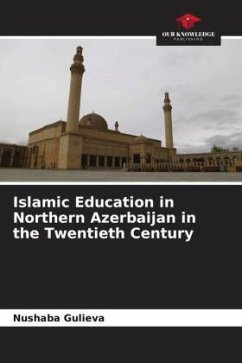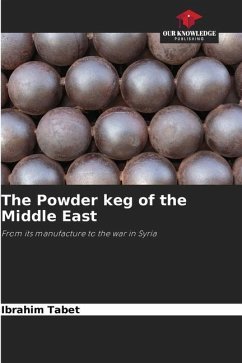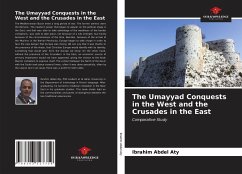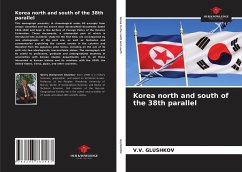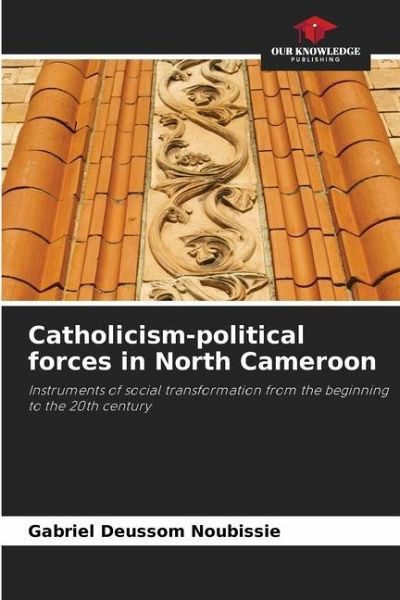
Catholicism-political forces in North Cameroon
Instruments of social transformation from the beginning to the 20th century
Versandkostenfrei!
Versandfertig in 6-10 Tagen
78,99 €
inkl. MwSt.

PAYBACK Punkte
39 °P sammeln!
This work traces the history of pluriconfessionality in Cameroon by tracing how the Catholic religious force consolidated itself by generating a structural crisis in the society of North Cameroon marked by Islam, despite the vicissitudes linked to its relations with the political forces. It is a question of understanding the constructional dynamics of the new social matrix characterized by multi-faith, the impact of which has been felt throughout Cameroon. Cameroonian pluriconfessionalism is marked by the predominant role of politics. During the colonial era, the administration set up a legal ...
This work traces the history of pluriconfessionality in Cameroon by tracing how the Catholic religious force consolidated itself by generating a structural crisis in the society of North Cameroon marked by Islam, despite the vicissitudes linked to its relations with the political forces. It is a question of understanding the constructional dynamics of the new social matrix characterized by multi-faith, the impact of which has been felt throughout Cameroon. Cameroonian pluriconfessionalism is marked by the predominant role of politics. During the colonial era, the administration set up a legal arsenal guaranteeing freedom of worship and the primacy of public authorities in authorizing the opening of places of worship and coercing religious forces. In the post-colonial period, the political system strengthened the principle of multi-faith in the constitution and promoted the virtues of religious tolerance and peaceful cohabitation of religions. It will rely on the coercive power ofthe state to prevent extremism and the tribune function of the religious. This work is useful for researchers, academics and the public.



